Search

A history of the French Revolution from the decision of the king to convene the Etats-Generaux in 1789 in order to deal with France’s debt problem. Part one spans the event until August 10, 1792 (when the King Louis XVI lost all authority and was imprisoned). Part two carries the story through the end of the terror in 1794, including the deaths by guillotine of Louis XVI, Marie-Antoinette, Danton, and Desmoulins.

In this documentary filmed on location in Paris, Richard Clay argues that the French Revolution of 1789 was not quite as clear-cut in terms of its progress as might first have been assumed

On the eve of the French Revolution, two town officials confront the Buckriders – a criminal gang who appear to ride on flying goats with the Devil – but along the way they will face deceit, corruption, betrayal and finally each other.

France, July 1782. During her birthday, the beautiful young Marchioness Caroline meets the attractive soldier Gaston. It’s love at first sight but Gaston does not wish to make a commitment because a military career waits for him. Caroline marries then a politician but the French Revolution bursts and Caroline has to run away to escape the guillotine. By running away she meets Gaston again who decides to help her.

France, on the eve of the French Revolution. Henriette and Louise have been raised together as sisters. When the plague that takes their parents’ lives causes Louise’s blindness, they decide to travel to Paris in search of a cure, but they separate when a lustful aristocrat crosses their path.

The story of the adventures, in the twilight of the eighteenth century, of a singular couple formed by a little orphan with mysterious origins and his young Italian nurse of a similarly uncertain birth. They lead us in their wake, from Rome to Paris, from Lisbon to London, from Parma to Venice. Always followed in the shadows, for obscure reasons, by a suspicious-looking Calabrian and a troubling cardinal, they make us explore the dark intrigues of the Vatican, the pangs of a fatal passion, a gruesome duel, banter at the court of Versailles and the convulsions of the French Revolution.
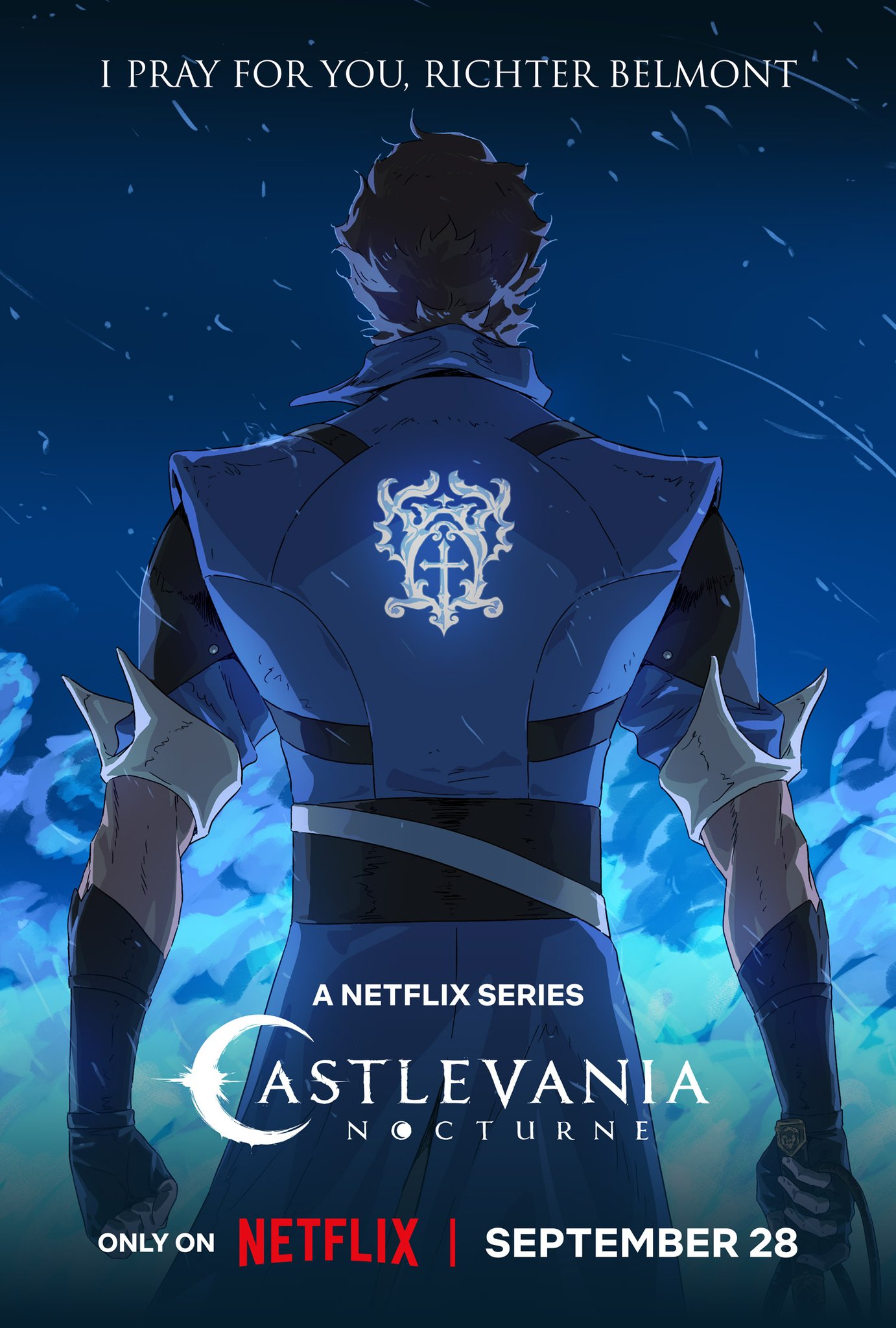
In the thick of the French Revolution, members of the so-called lower classes are rising up to fight inequality. Meanwhile, Richter Belmont senses a far grimmer and greater danger. He’s picked up his family’s long-held tradition of vampire hunting, a vocation that goes back almost as long as a vampiric life span (in other words, forever) but he’s never seen anything quite like what he’s witnessing now.

Grace Dalrymple Elliot is a British aristocrat trapped in Paris during the French Revolution. Determined to maintain her stiff upper lip and pampered life despite the upheaval, Grace continues her friendship with the Duke of Orléans while risking her life and liberty to protect a fugitive.
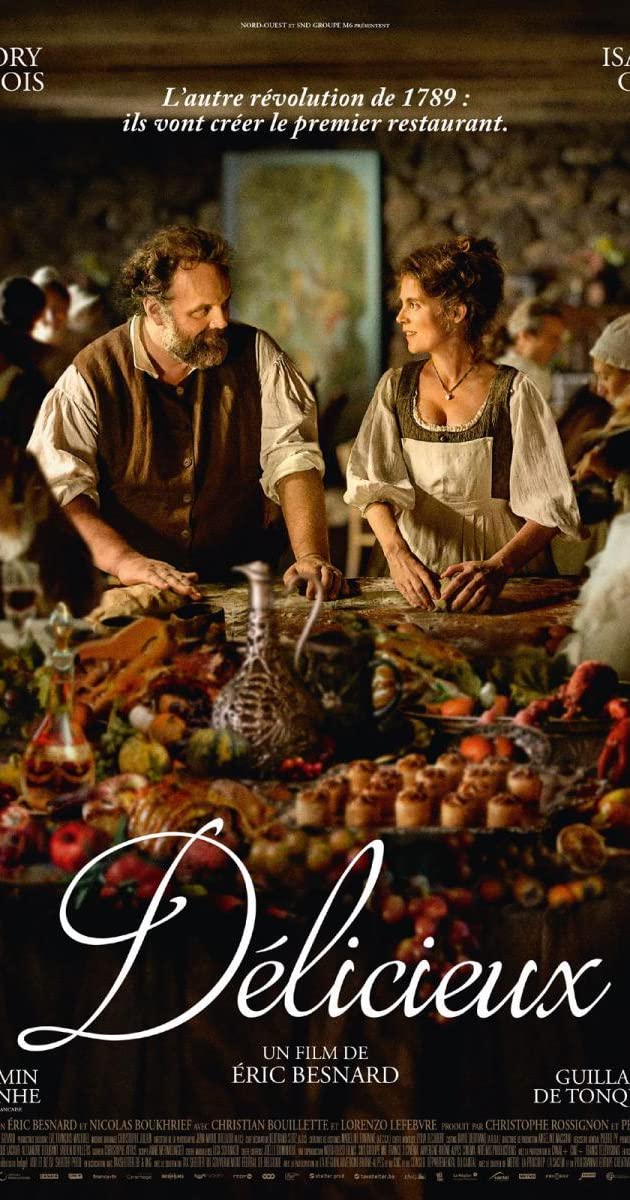
France, 18th Century. The prestige of a noble house depends above all on the quality of its table. At the dawn of the French Revolution, gastronomy still is a prerogative of the aristocrats. When talented cooker Manceron is dismissed by the Duke of Chamfort, he loses the taste for cooking. Back in his country house, his meeting with the mysterious Louise gets him back on his feet. While they both feed a desire of revenge against the Duke, they decide to create the very first restaurant in France.
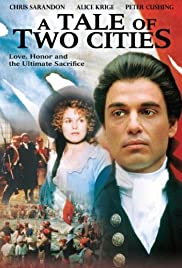
Dissolute barrister Sydney Carton becomes enchanted and then hopelessly in love with the beautiful Lucie Manette. But Lucie loves and marries Charles Darnay, and remains oblivious to Carton’s undimmed devotion to her. When Darnay is ensnared in the deadly web of the French Revolution and condemned to die by the guillotine, Sydney Carton concocts a dangerous plot to free the husband of the woman he loves.
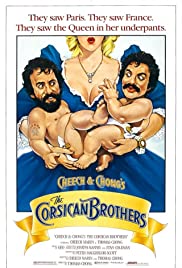
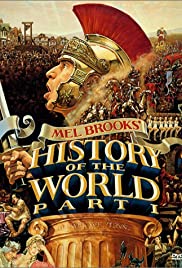
An uproarious version of history that proves nothing is sacred – not even the Roman Empire, the French Revolution and the Spanish Inquisition.
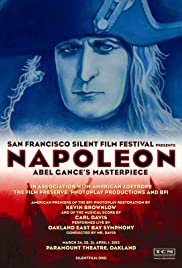
A massive 5 1/2 hour biopic of Napoleon, tracing his career from his schooldays (where a snowball fight is staged like a military campaign), his flight from Corsica, through the French Revolution (where a real storm is intercut with a political storm) and the Terror, culminating in his triumphant invasion of Italy in 1797 (the film stops there because it was intended to be part one of six, but director Abel Gance never raised the money to make the other five). The film’s legendary reputation is due to the astonishing range of techniques that Gance uses to tell his story, culminating in the final twenty-minute triptych sequence, which alternates widescreen panoramas with complex multiple- image montages projected simultaneously on three screens.
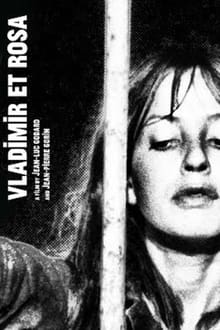
Jean-Luc Godard’s and Jean-Pierre Gorin’s interpretation of the Chicago Eight / Chicago Seven trial, which followed the 1968 Democratic National Convention protest activities. Judge Hoffman becomes the character Judge Himmler (played by Ernest Menzer) and the defendants become a microcosms of the French Revolution.
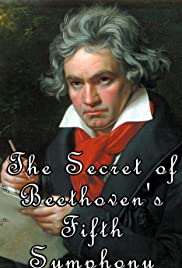
Ian Hislop and John Eliot Gardiner reveal the story behind Beethoven’s Fifth Symphony. Described as the ‘greatest ‘great’ piece ever written,’ its opening notes are among the most recognisable in history. But no one really knows what Beethoven was trying to express with this piece. The traditional wisdom is that he is railing against fate and his deafness. But John Eliot believes the music expresses Beethoven’s belief in the French Revolution. This is turbulent music from a turbulent man living in a turbulent age. John Eliot and Ian Hislop bring to life the exciting and dangerous times that shaped Beethoven personally and creatively.

Jean-Luc Godard is synonymous with cinema. With the release of Breathless in 1960, he established himself overnight as a cinematic rebel and symbol for the era’s progressive and anti-war youth. Sixty-two years and 140 films later, Godard is among the most renowned artists of all time, taught in every film school yet still shrouded in mystery. One of the founders of the French New Wave, political agitator, revolutionary misanthrope, film theorist and critic, the list of his descriptors goes on and on. Godard Cinema offers an opportunity for film lovers to look back at his career and the subjects and themes that obsessed him, while paying tribute to the ineffable essence of the most revered French director of all time.

In 1968, an internationally renowned French film director unexpectedly lands in Abitibi, in the northwest of Quebec, to conduct political and mass-media experiments. This event fuels the revolutionary tendencies of Michel, a local young man, and the desire to travel the world of Marie, his girlfriend.

A supposedly idyllic weekend trip to the countryside turns into a never-ending nightmare of traffic jams, revolution, cannibalism and murder as French bourgeois society starts to collapse under the weight of its own consumer preoccupations.

1779. Eight-year-old Ludwig van Beethoven, called “Louis”, is already known as a musical prodigy. He learns to go his own way – much to the dismay of the people around him. Some years later, he meets Mozart during times of political upheaval. The unconventional genius and French Revolution are sparking a fire in Louis’ heart; he doesn’t want to serve a master – only the arts. Facing times of family tragedies and unrequited love, he almost gives up. However, Louis makes it to Vienna to study under Haydn in 1792, and the rest is history. Who was this man, whose music has since touched countless hearts and minds? At the end of his life, the master is isolated by loss of loved ones and hearing. Surely though, he was way ahead of his times.

A second trial begins in November 1975 against French left-wing revolutionary Pierre Goldman, accused of several armed robberies and the death of two chemists.
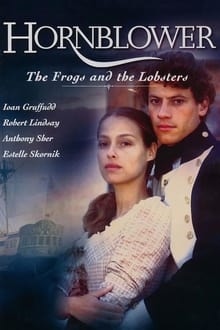
The Hornblower series is based on C.S. Forester’s classic maritime adventures – the story of one young man’s struggle to become a leader of men. Set against the back drop of the 18th century Anglo-French wars, the bloodiest time in British naval history.Lt. Hornblower and his mates are sent to accompany a doomed royalist invasion of revolutionary France.
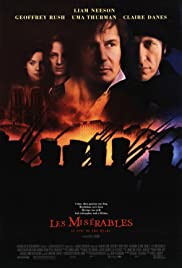
Jean Valjean, a Frenchman imprisoned for stealing bread, must flee a police officer named Javert. The pursuit consumes both men’s lives, and soon Valjean finds himself in the midst of the student revolutions in France.
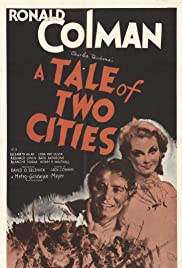
The exciting story of Dr. Manette, who escapes the horrors of the infamous Bastille prison in Paris. The action switches between London and Paris on the eve of the revolution where we witness ‘the best of times and the worst of times’ – love, hope, the uncaring French Aristocrats and the terror of a revolutionary citizen’s army intent on exacting revenge.